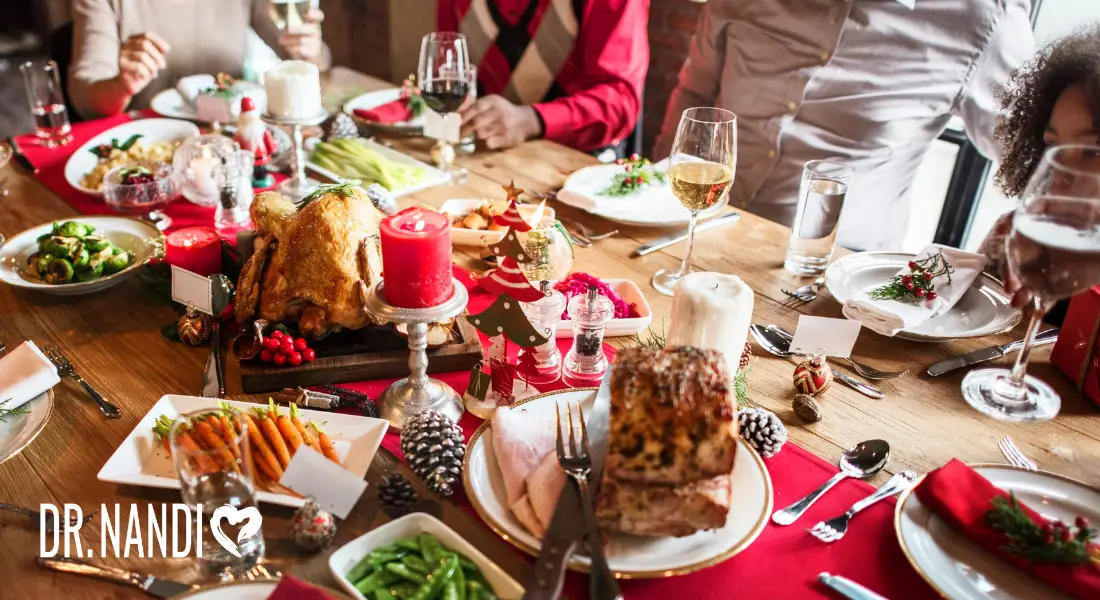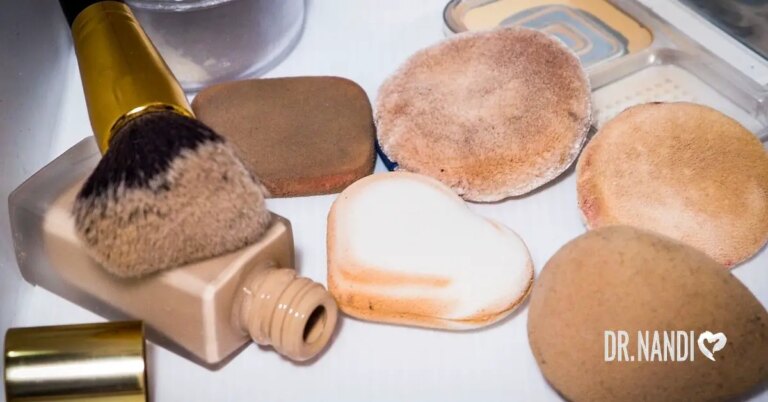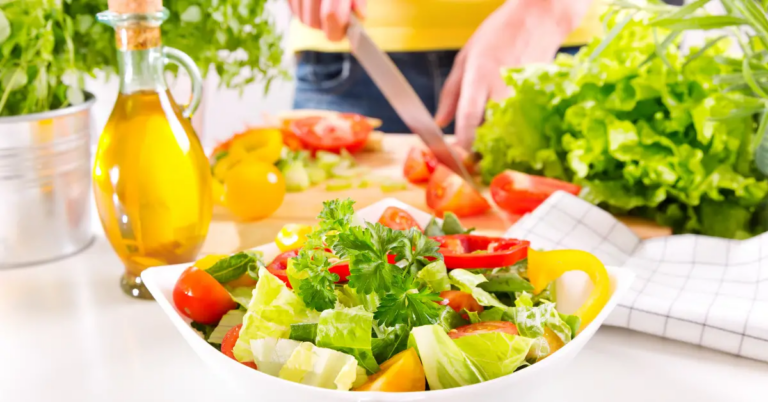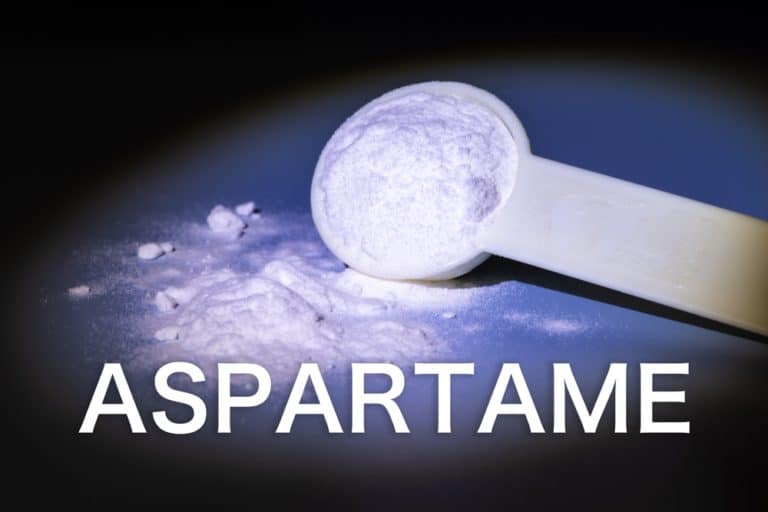If you are one of the millions of people suffering from Gastroesophageal Reflux Disease, also known as GERD, you know that the holidays can be challenging. There are so many delicious foods to enjoy, but many can aggravate your symptoms.
How Holidays Make Us Sick
Large Portions
The more food you stuff into your stomach, the greater the pressure on your esophageal sphincter, the muscle that keeps digested food in its place. Food and acid may back up when too much pressure, causing heartburn. Excess calories might also slow down your entire digestive system, causing stomachaches and constipation.
Rich Foods
Holiday meals are frequently heavy in refined carbohydrates, sugars, and fats. Both lead to weight gain over time and can exacerbate an upset stomach if consumed for over a few months. Because fat delays digestion and can induce reflux, it’s a significant concern.
Chocolate, coffee, alcohol, mints, and strongly acidic meals are examples of foods that might induce acid reflux.
Lack of Fiber
The holidays often mean feasting on meat and processed foods, which are low in fiber. A lack of fiber can lead to constipation, another digestive issue that can upset your stomach.
Holiday Stress
Stress, which might be induced by going to the mall or preparing meals, cleaning, traveling, or family conflict, can cause upset stomach and heartburn. Furthermore, many individuals use food and excessive drinking to cope with stress.
Seven Holiday Dishes That Can Increase Your GERD Symptoms
Gravy
Gravy might be a delicious addition to your turkey, but it can cause terrible pain. Gravy is greasy and high in fat. Try a lower-fat mushroom gravy as an alternative if you must use a gravy.
Turkey Skin
Turkey is one of the mainstays on the dinner table during the holidays. Although turkey won’t affect GERD, you should watch out for the skin. The skin contains a lot of fat, and that can cause problems. By removing the skin, you can enjoy the turkey without the adverse side effects.
Egg Nog
Egg Nog is a Christmas classic. However, this drink is high in fat and regularly spiked with alcohol. Egg Nog is tasty but can be a culprit for GERD symptoms. Make a low-fat version and skip the alcohol if you need some Egg Nog.
Candy Canes and Peppermint Sticks
Peppermint is often used to soothe upset stomachs, but it can aggravate heartburn symptoms by relaxing the lower esophageal sphincter (LES). The LES keeps stomach acids in the correct spot.
Mashed potatoes
Have you ever eaten mashed potatoes and felt awful afterward? Well, the fat content in mashed potatoes can increase your heartburn. If you still need some potatoes with your meal, why not substitute sweet potatoes or a baked potato?
Cranberry Sauce
If cranberry sauce is a mainstay on your dinner table during the holidays, you may need to look the other way if you suffer from GERD. The high acidity in cranberries can create a lot of trouble for those who suffer from reflux.
Latkes
Latkes are a traditional Hanukkah favorite that is comforting. These fried potato pancakes are regularly topped with sour cream, adding to the GERD symptoms. High in fat and usually made with onions and garlic, it is best to stay away from latkes. If latkes can’t be ignored, a good alternative is to bake them instead of frying them.
Tips to Prevent Heartburn and Upset Stomach During the Holidays
Make Trade-Offs
You don’t have to forego all your holiday favorites, but you should be mindful of what you’re eating and how it will affect your GERD symptoms. For example, if you love pumpkin pie, have a small slice and pair it with a non-fat latte.
Compensate
If you know that you’ll be eating a lot of fatty food this week at holiday parties, make up for it by exercising more during the day. Fiber-rich veggies and grains will keep your GI tract in good functioning order.
Eat Consciously
You’ll be surrounded by sweets all season, starting with Halloween and continuing through New Year’s Day. At least be aware of when you’re consuming them.
Eat Slowly
When you do sit down for a holiday meal, take your time. Eating too quickly can lead to indigestion.
Limit Alcohol
Alcohol, on its own, can irritate the GI system and cause heartburn. It also compromises your defenses, increasing the likelihood of eating unhealthy food choices.
Wear Loose-Fitting Clothing
Too tight clothing puts pressure on the stomach and can make heartburn more severe. So can eating a huge meal followed by resting down.
Don’t Smoke
Everything gets worse when you smoke, including GERD symptoms. If you smoke, now is the time to quit.
References:
- Overeating and Acid Reflux – Watch WebMD Video
- Vitamins & Supplements Center – Nutritional, Herbal, Dietary, and More – WebMD
- Tips and Remedies for Nausea and Vomiting (webmd.com)
- Digestive System (Anatomy): How It Works (webmd.com)
- Visual Guide to Understanding Heartburn and GERD (webmd.com)
- Myths and Facts About Constipation (webmd.com)
- GERD and LPR – ENT Health






















